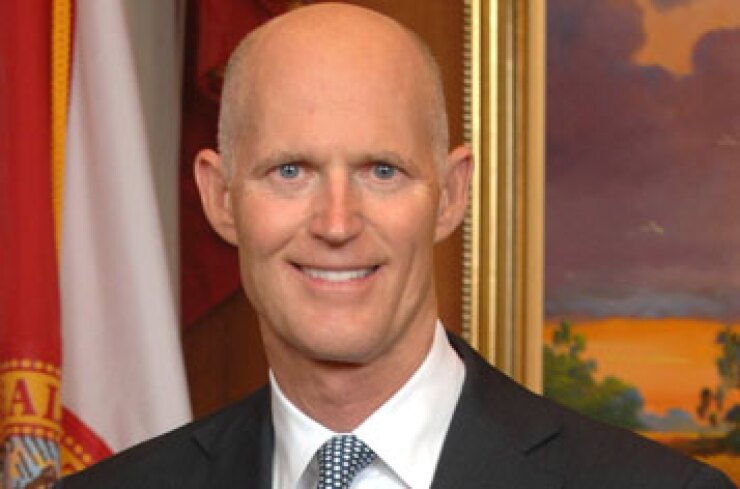
BRADENTON, Fla. - With the Zika virus in Florida jumping from one coast to another, analysts say they believe tourism-related revenues will suffer in parts of the state.
S&P Global Ratings said it expects recent developments in south Florida – where local cases of the virus were first detected – to cut into tourism and related sales, convention development, and resort tax revenues that secure debt.
The Centers for Disease Control and Prevention posted travel advisories for two areas in Miami-Dade County, the Wynwood neighborhood and Miami Beach, advising pregnant women not to travel to those areas and for others to consider delaying non-essential visits.
"There is no indication yet as to the latest travel advisory's degree of impact on tourism-related revenues and, ultimately, on credit quality," said analyst Hilary Sutton. "The real question is not if Zika will affect tourism and related revenues, but by how much."
Miami-Dade County, Miami, Miami Beach and Hialeah all have outstanding bonds backed by convention, resort, parking, gas or sales taxes that are rated by S&P.
In November, Miami Beach issued $576 million of bonds in three series secured by parking, tax increment, and resort tax revenues to launch a major expansion and upgrade of the Miami Beach Convention Center, a project expected to take two years to complete.
On Tuesday, a non-travel related case of the Zika virus was discovered in Pinellas County, south of Tampa, 265 miles across the state from Miami.
In Palm Beach County the first home-grown case was found on Wednesday.
Statewide, there are 471 travel-associated cases of Zika, and another 29 that were acquired from locally infected mosquitoes, which means that the mosquito got the virus from an infected person.
Florida's first locally transmitted case of the virus was discovered June 28.
A record number of tourists, 57.4 million, visited the state during the first six months of the year – a 4.3% increase from the first half of 2015, according to state officials.
"While the impact of the Zika virus is clearly negative on many levels, whether it affects credit quality will depend on how much tourism and tourism-related revenues decline and the length of time before this is resolved," Sutton said.
"At this point, it is difficult to estimate how much tourism will be affected by the latest or any future travel advisories, increased knowledge of how the virus affects people, and whether a vaccine can be developed before the start of the high tourism season, among other factors," she said.
Peak tourist season in central and south Florida typically occurs during the winter months after Thanksgiving and through spring.
On Aug. 8, Moody's Investors Service said it found the government's travel warning to south Florida to be a negative credit factor for south Florida due to the potential impacts on key tourist-related revenues.





